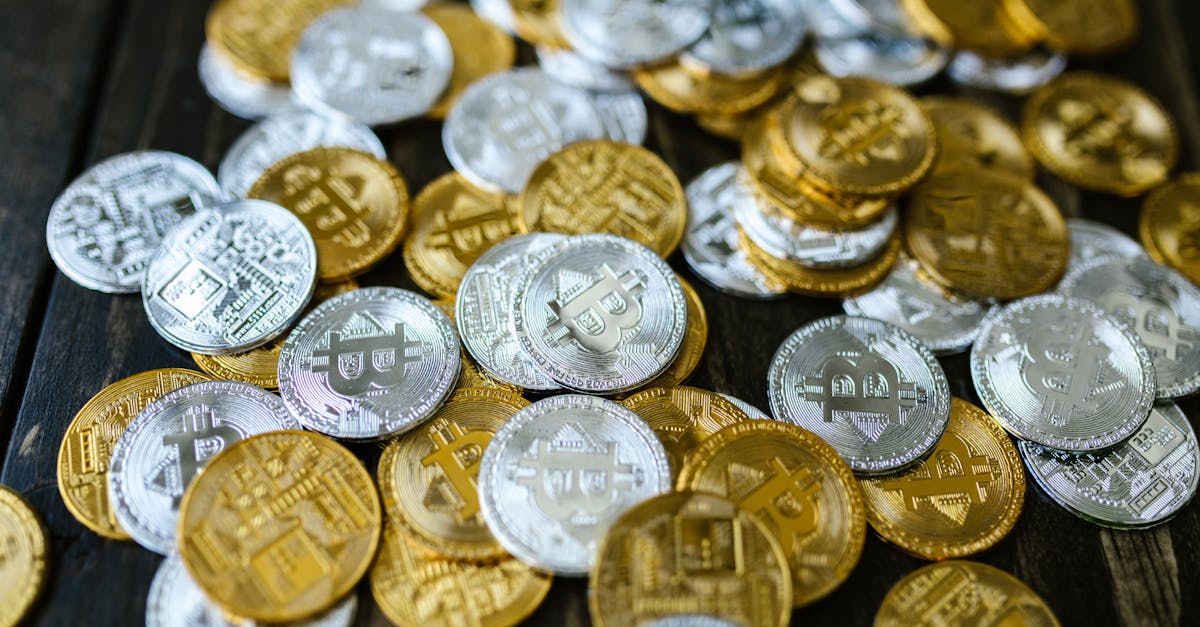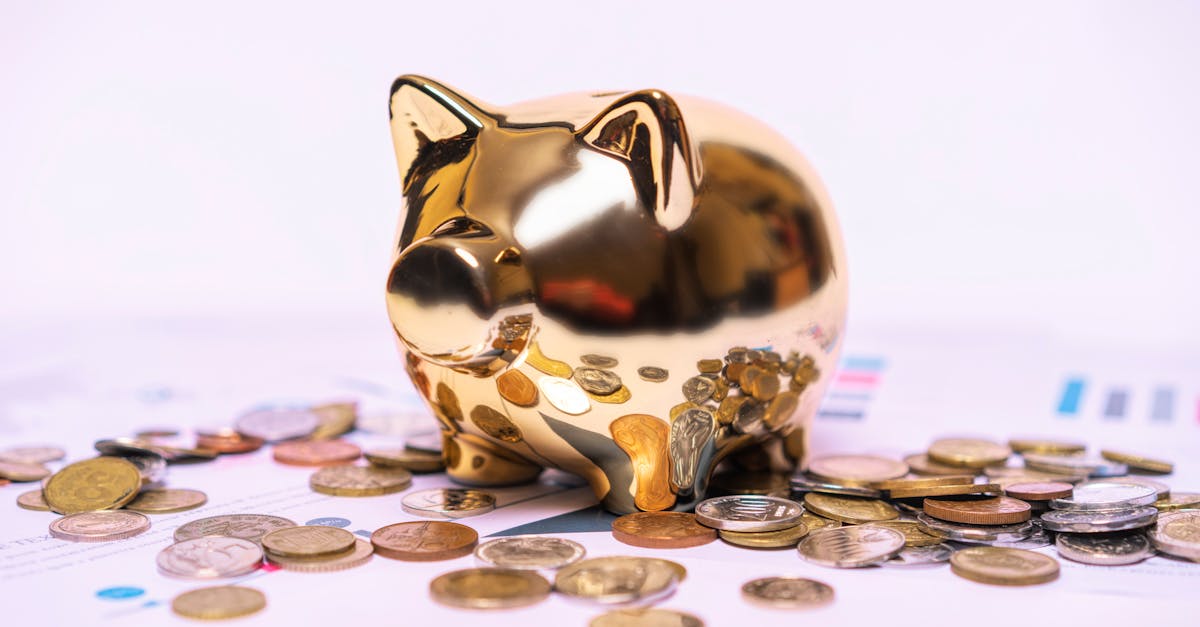Gold: Mining for a Sustainable Future

The urgent need for sustainable gold production practices
As global demand for gold continues to rise, it’s imperative to adopt sustainable practices that protect our planet and ensure the equitable distribution of its benefits. Sustainable gold mining entails minimizing environmental impact, upholding ethical standards, tracing the origins of gold to prevent conflict and human rights abuses, and empowering consumers to make informed choices.
Responsible sourcing: A key component of ethical gold production
Responsible sourcing is the cornerstone of sustainable gold production, ensuring that gold is extracted and traded in a way that upholds ethical and environmental standards. Fairtrade Gold and Conflict-Free Gold initiatives play a crucial role in this regard, promoting fair wages, safe working conditions, and preventing conflict-related gold from entering the market.
Environmental stewardship: Minimizing the ecological footprint
Environmental stewardship dictates that gold mining is conducted with minimal ecological impact, protecting water resources, reducing waste, and safeguarding biodiversity. Innovative practices, such as dry processing techniques and ecosystem restoration programs, are employed to minimize environmental degradation and preserve the natural environment for future generations.
Key Insights
- Sustainable gold mining is essential for protecting the environment, ensuring the well-being of mining communities, and preventing conflict and human rights abuses.
- Consumers can play a vital role in driving sustainable gold production by making ethical choices about the gold they buy.
- Companies can adopt sustainable gold mining practices to reduce their environmental impact and promote social responsibility.
- Governments can implement policies that support sustainable gold production and provide incentives for companies to adopt these practices.
- By working together, consumers, companies, and governments can create a more sustainable and ethical gold industry.
1. The Imperative for Sustainable Gold Production
The Imperative for Sustainable Gold Production: Unveiling the pressing need for ethical and environmentally conscious practices in gold mining, ensuring the well-being of our planet and future generations.
As global demand for gold continues to rise, it’s imperative to adopt sustainable practices that protect our planet and ensure the equitable distribution of its benefits. Traditional gold mining practices have often been associated with environmental degradation, human rights abuses, and conflict. Sustainable gold production, therefore, is not just a moral imperative, but also a business necessity for ensuring the long-term viability of the gold industry.
Sustainable gold production encompasses a range of practices that minimize environmental impact, uphold ethical standards, and promote social responsibility. This includes using environmentally friendly mining techniques, reducing carbon emissions, conserving water resources, protecting biodiversity, and ensuring fair labor practices. By embracing sustainable practices, gold mining companies can not only reduce their environmental footprint but also enhance their social license to operate, attract ethical investors, and meet the growing demand from consumers for responsibly sourced gold.
2. Responsible Sourcing: Paving the Way for Ethical Gold

Responsible Sourcing: Paving the Way for Ethical Gold
Responsible sourcing is the cornerstone of sustainable gold production, ensuring that gold is extracted and traded in a way that upholds ethical and environmental standards. It involves tracing gold from mine to market, ensuring that it is not sourced from conflict-ridden areas or produced using harmful practices like child labor and environmental degradation.
Responsible sourcing initiatives, such as Fairtrade Gold and Conflict-Free Gold, play a crucial role in promoting ethical gold production. Fairtrade Gold certification ensures that gold is mined in a way that respects the rights of workers and local communities, while Conflict-Free Gold certification guarantees that gold has not been sourced from areas affected by conflict or human rights abuses.
By supporting responsible sourcing initiatives, consumers can help to create a more ethical and sustainable gold supply chain. This means choosing to buy gold from reputable jewelers and retailers who are committed to responsible sourcing, and looking for products that are certified by Fairtrade Gold or Conflict-Free Gold. Together, we can help to ensure that the gold we wear and use is ethically sourced and benefits communities around the world.
Fairtrade Gold: Ensuring Equitable Benefits
Fairtrade Gold: Ensuring Equitable Benefits
Fairtrade Gold is a certification that ensures that gold has been mined in a way that respects the rights of workers and local communities. Fairtrade-certified gold is sourced from mines that meet rigorous social, environmental, and economic standards. This includes paying fair wages, providing safe working conditions, and investing in community development projects.
The Fairtrade certification process involves a rigorous audit of the mine’s operations, as well as the implementation of a Fairtrade Premium. This premium is a sum of money that is paid to the mine over and above the market price of gold. The Fairtrade Premium is used to fund community development projects, such as building schools, hospitals, and clean water systems. By choosing to buy Fairtrade Gold, consumers can help to improve the lives of gold miners and their communities.
Fairtrade Gold is a powerful tool for promoting social justice in the gold industry. By supporting Fairtrade Gold, consumers can help to create a more ethical and sustainable gold supply chain. This means choosing to buy gold from reputable jewelers and retailers who are committed to responsible sourcing, and looking for products that are certified by Fairtrade Gold. Together, we can help to ensure that the gold we wear and use is ethically sourced and benefits communities around the world.
Conflict-Free Gold: Breaking the Cycle of Violence
Conflict-Free Gold: Breaking the Cycle of Violence
Conflict-ridden gold mining is a major problem that fuels armed conflict, human rights abuses, and environmental degradation. Conflict gold, also known as blood gold, is gold that has been mined in areas affected by conflict and human rights abuses. This gold often ends up financing armed groups and perpetuating violence.
Conflict-Free Gold initiatives, such as the Kimberley Process, are working to eliminate conflict gold from the supply chain. The Kimberley Process is an international certification scheme that requires participating countries to implement strict controls on the production, trade, and export of rough diamonds. This helps to ensure that diamonds are not used to finance armed conflict. Similar initiatives are needed for gold to help break the cycle of violence and human rights abuses.
Conflict-Free Gold is a powerful tool for promoting peace and stability in conflict-affected regions. By choosing to buy Conflict-Free Gold, consumers can help to reduce the demand for conflict gold and support peacebuilding efforts. This means choosing to buy gold from reputable jewelers and retailers who are committed to responsible sourcing, and looking for products that are certified by the Kimberley Process or other conflict-free gold initiatives. Together, we can help to ensure that the gold we wear and use is ethically sourced and does not contribute to conflict or human rights abuses.
3. Environmental Stewardship: Minimizing Ecological Impact
Environmental Stewardship: Minimizing Ecological Impact
Environmental stewardship is the responsible management of the environment to ensure its health and productivity for future generations. In the context of gold mining, environmental stewardship means minimizing the ecological impact of mining operations. This includes reducing water consumption, minimizing waste, and protecting biodiversity.
Innovative practices are emerging that allow gold mining companies to reduce their environmental impact. For example, some companies are using dry processing techniques that do not require the use of water. Others are using renewable energy sources to power their operations. And still others are working to restore degraded land after mining is complete.
By adopting these and other innovative practices, gold mining companies can minimize their ecological impact and help to protect the environment for future generations. Consumers can also play a role by choosing to buy gold from companies that are committed to environmental stewardship. Together, we can help to create a more sustainable gold industry.
4. Case Studies: Trailblazing Companies Leading the Charge

Case Studies: Trailblazing Companies Leading the Charge
Several companies are leading the charge in adopting sustainable gold mining practices. These companies are developing and implementing innovative solutions to reduce their environmental impact, promote social responsibility, and ensure the ethical sourcing of gold.
One example is Newmont Corporation, one of the world’s largest gold mining companies. Newmont has committed to reducing its greenhouse gas emissions by 30% by 2030 and achieving net zero emissions by 2050. The company is also investing in renewable energy projects and working to reduce its water consumption.
Another example is AngloGold Ashanti, another major gold mining company. AngloGold Ashanti has developed a comprehensive sustainability strategy that includes reducing its environmental impact, improving the lives of its employees and communities, and promoting ethical sourcing. The company has also established a $100 million Sustainable Development Fund to invest in projects that promote sustainable development in the communities where it operates.
These are just two examples of companies that are leading the way in sustainable gold mining. By adopting innovative practices and investing in social and environmental projects, these companies are helping to create a more sustainable and ethical gold industry.
5. Consumer Choices: Empowering Ethical Decisions
Consumer Choices: Empowering Ethical Decisions
Consumers have the power to drive sustainable gold production by making ethical choices about the gold they buy. When consumers choose to buy responsibly sourced gold, they are supporting companies that are committed to ethical and environmental standards. This creates a demand for sustainable gold and encourages other companies to adopt similar practices.
There are several ways that consumers can make ethical choices about the gold they buy. One way is to look for products that are certified by Fairtrade Gold or Conflict-Free Gold. These certifications provide assurance that the gold has been mined in a way that respects human rights and the environment.
Another way to make ethical choices about gold is to buy from jewelers and retailers who are committed to responsible sourcing. Many jewelers and retailers have adopted policies that require their suppliers to meet certain ethical and environmental standards. By buying from these businesses, consumers can help to support sustainable gold production.
By making ethical choices about the gold they buy, consumers can help to create a more sustainable and ethical gold industry. This means choosing to buy gold from reputable jewelers and retailers who are committed to responsible sourcing, and looking for products that are certified by Fairtrade Gold or Conflict-Free Gold. Together, we can help to ensure that the gold we wear and use is ethically sourced and benefits communities around the world.
6. Challenges and Opportunities: Navigating the Path Forward
Challenges and Opportunities: Navigating the Path Forward
Implementing sustainable gold production practices can be challenging, but it is essential for creating a more ethical and sustainable gold industry. Some of the challenges that companies face include the high cost of sustainable practices, the lack of access to financing, and the difficulty of operating in conflict-affected areas.
Despite these challenges, there are also many opportunities for collaboration, innovation, and policy change. Companies can work together to develop new technologies and practices that reduce the environmental impact of gold mining. Governments can implement policies that support sustainable gold production and provide incentives for companies to adopt these practices. And consumers can continue to make ethical choices about the gold they buy, creating demand for sustainably produced gold.
By working together, we can overcome the challenges and create a more sustainable and ethical gold industry. This will benefit not only the environment and the people who work in the gold industry, but also the consumers who wear and use gold.
7. Sustainable Gold Production: A Brighter Future for All
Sustainable Gold Production: A Brighter Future for All
Imagine a future where gold production is sustainable from start to finish. Where mines are operated with minimal environmental impact, workers are treated fairly, and communities benefit from the presence of the mine. Where the gold we wear and use is ethically sourced and supports a more just and sustainable world.
This future is possible. By working together, we can create a sustainable gold industry that benefits everyone. Companies can adopt sustainable practices, governments can implement supportive policies, and consumers can make ethical choices about the gold they buy. Together, we can create a brighter future for all.
A sustainable gold industry will create a wealth of benefits for communities, ecosystems, and generations to come. It will reduce pollution and protect biodiversity. It will create jobs and boost economic development. And it will ensure that future generations can enjoy the beauty and value of gold without compromising the planet or its people.
What is sustainable gold mining?
Sustainable gold mining is the practice of mining gold in a way that minimizes environmental impact, promotes social responsibility, and ensures the ethical sourcing of gold.
Why is sustainable gold mining important?
Sustainable gold mining is important because it helps to protect the environment, ensure the well-being of mining communities, and prevent conflict and human rights abuses.
What are some of the challenges to sustainable gold mining?
Some of the challenges to sustainable gold mining include the high cost of sustainable practices, the lack of access to financing, and the difficulty of operating in conflict-affected areas.
What can consumers do to support sustainable gold mining?
Consumers can support sustainable gold mining by choosing to buy gold from reputable jewelers and retailers who are committed to responsible sourcing, and by looking for products that are certified by Fairtrade Gold or Conflict-Free Gold.
What is the future of sustainable gold mining?
The future of sustainable gold mining is bright. As consumers become more aware of the importance of sustainability, they are increasingly demanding ethically sourced gold. This is creating a demand for sustainable gold mining practices, and companies are responding by adopting these practices.
Key Insights
| Key Insight | Description | |—|—| | Sustainable gold mining is essential for protecting the environment, ensuring the well-being of mining communities, and preventing conflict and human rights abuses. | Traditional gold mining practices have often been associated with environmental degradation, human rights abuses, and conflict. Sustainable gold mining practices minimize environmental impact, uphold ethical standards, and promote social responsibility. | | Consumers can play a vital role in driving sustainable gold production by making ethical choices about the gold they buy. | Consumers can choose to buy gold from reputable jewelers and retailers who are committed to responsible sourcing, and look for products that are certified by Fairtrade Gold or Conflict-Free Gold. | | Companies can adopt sustainable gold mining practices to reduce their environmental impact and promote social responsibility. | Companies can adopt innovative practices that reduce water consumption, minimize waste, and protect biodiversity. They can also invest in social development projects in the communities where they operate. | | Governments can implement policies that support sustainable gold production and provide incentives for companies to adopt these practices. | Governments can provide tax breaks and other incentives to companies that adopt sustainable gold mining practices. They can also implement regulations that require companies to meet certain environmental and social standards. | | By working together, consumers, companies, and governments can create a more sustainable and ethical gold industry. | By working together, consumers, companies, and governments can create a demand for sustainable gold and encourage the adoption of sustainable gold mining practices throughout the industry. |